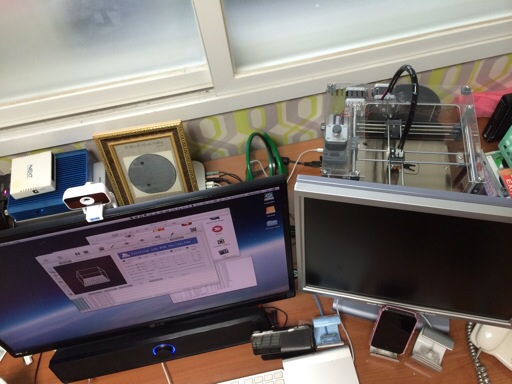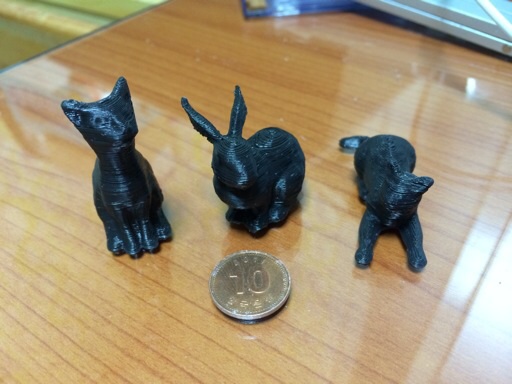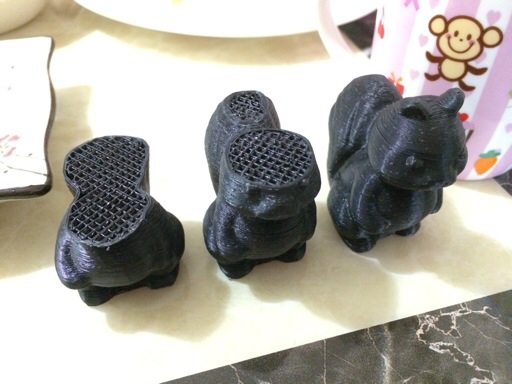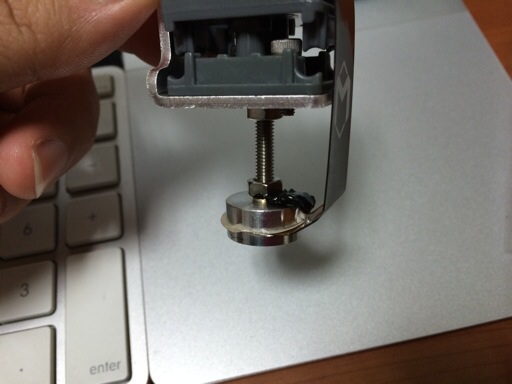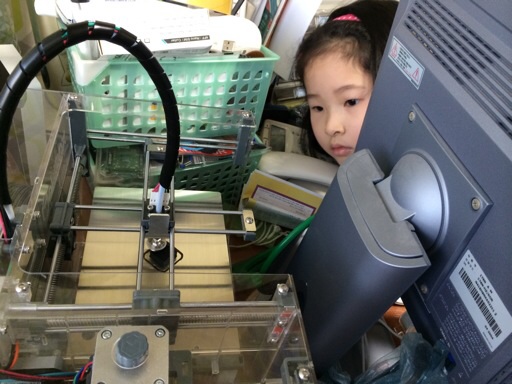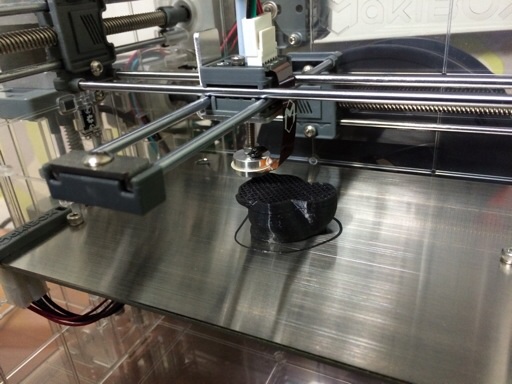3D-Printed Ocarina
Posted by Wesley on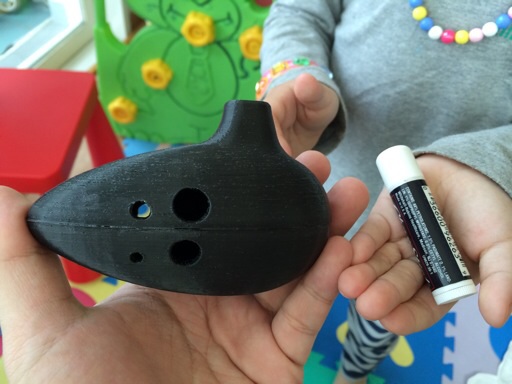
A handy Ocarina printed with Makibox
Musical instruments must be shaped and tuned right to have proper sound coming out of them. If a 3D design of an instrument is shaped right, a 3D printer that can accurately reproduce it would make a properly working version, then. Makibox had been working reasonably, provided that I don't push it too far. So I wanted to see if it was up to the challenge. The result is what you see here.
Looks alright, doesn't it? But can it make any sound at all? I'll let you see (and hear) for yourself with this video.
Read on to see the steps taken to make one.
